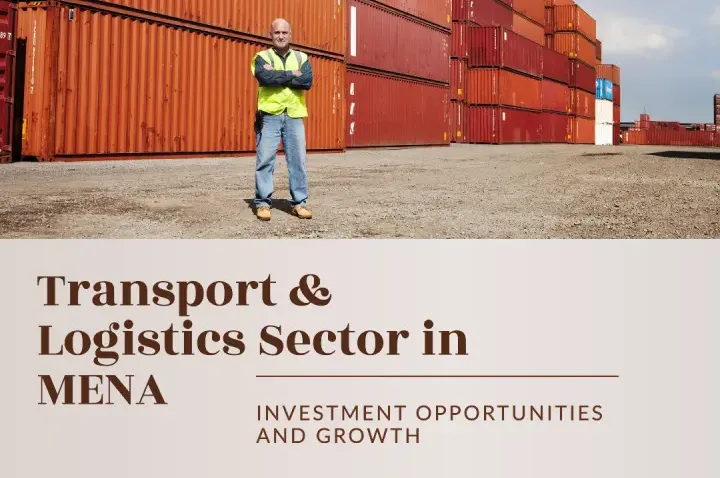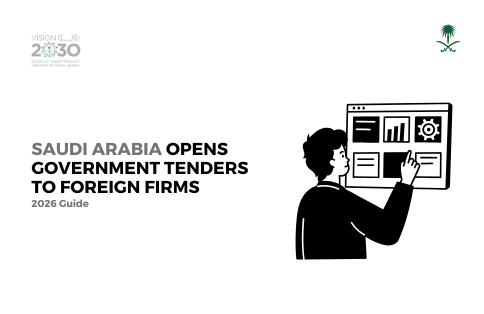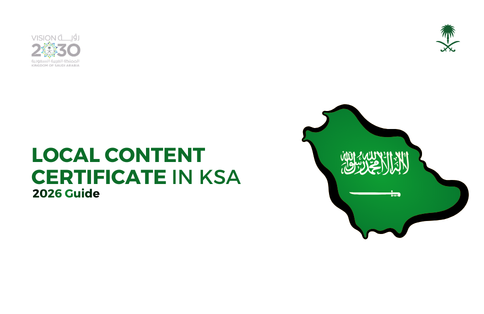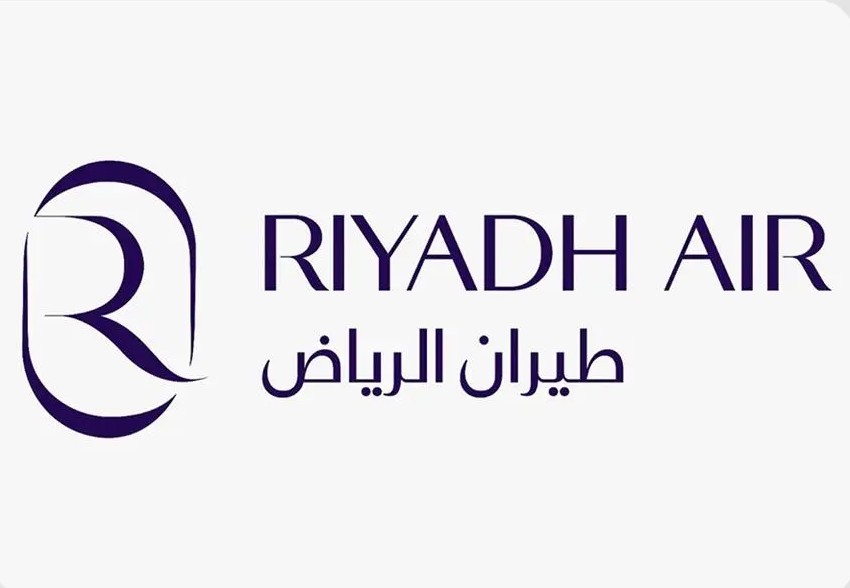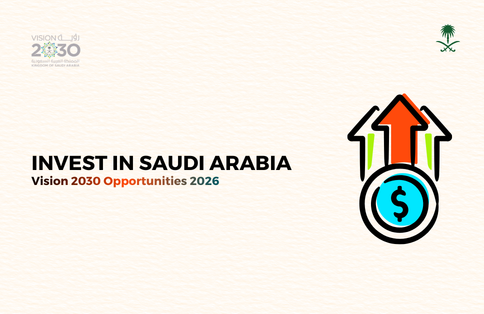The Middle East and North Africa (MENA) region, renowned for its strategic geographical location, is emerging as a prime destination for investments in the transport and logistics sector. This sector’s growth is fueled by several factors, including economic diversification initiatives, substantial infrastructure investments, and increasing trade volumes. This comprehensive article delves into the myriad opportunities associated with investing in the transport and logistics sector in MENA, focusing on key markets such as Saudi Arabia, the United Arab Emirates (UAE). It also aims to provide valuable insights for entrepreneurs and investors looking to start a business in these dynamic regions.
Opportunities in the MENA Transport & Logistics Sector
- Strategic Location: The MENA region’s strategic location at the crossroads of Europe, Asia, and Africa makes it a pivotal global trade route. Major logistics hubs like Dubai, Jeddah, and Port Said serve as critical junctions for international trade, providing investors with access to a diverse array of markets. The region’s proximity to key global markets enhances its attractiveness as a logistics hub, facilitating the efficient movement of goods
- Economic Diversification: Countries in the MENA region are actively pursuing economic diversification to reduce their reliance on oil revenues. Saudi Arabia’s Vision 2030 and the UAE’s Vision 2021 are prime examples of national initiatives aimed at fostering the growth of non-oil sectors, including transport and logistics. These ambitious plans are creating substantial investment opportunities and promoting the development of a more resilient and diversified economy.
- Infrastructure Development: Massive investments in infrastructure are transforming the logistics landscape in MENA. Key projects include the expansion of Jebel Ali Port in Dubai, the development of the King Abdullah Economic City in Saudi Arabia, and the construction of new airports and rail networks across the region. These investments are enhancing connectivity, reducing transportation times, and improving overall logistics efficiency, making the region more attractive to investors.
- Growing E-commerce Market: The rapid growth of e-commerce in the MENA region is driving demand for efficient logistics services. The e-commerce sector is expected to grow exponentially in the coming years, providing lucrative opportunities for investors in warehousing, last-mile delivery, and logistics technology. As consumer preferences shift towards online shopping, the need for robust logistics infrastructure becomes increasingly critical.
- Government Support: Governments across the MENA region are implementing policies to attract foreign investment in the logistics sector. Incentives such as tax breaks, free zones, and streamlined regulatory processes make the region an appealing destination for investors. For instance, the UAE offers numerous free zones with attractive benefits, while Saudi Arabia has introduced reforms to simplify business processes and attract foreign capital.
- Technological Advancements: The adoption of advanced technologies, such as artificial intelligence (AI), blockchain, and the Internet of Things (IoT), is revolutionizing the logistics sector in MENA. These technologies enhance supply chain visibility, improve efficiency, and reduce costs, offering a competitive edge to businesses that leverage them. Investors can capitalize on these technological advancements to create innovative solutions and gain a foothold in the market.
Starting a Business in Saudi Arabia and UAE
Starting a business in Saudi Arabia and the UAE, particularly in the transport and logistics sector, offers significant potential. Both countries have implemented reforms to create a more business-friendly environment and attract foreign investment.
Case Studies of Successful Investments
DP World
DP World, a Dubai-based multinational logistics company, has made significant investments in port operations across the MENA region. Its flagship Jebel Ali Port is one of the largest and busiest ports in the world, serving as a key logistics hub for global trade. DP World’s strategic investments in technology and infrastructure have positioned it as a leader in the logistics sector.
Aramex
Aramex, a leading global provider of logistics and transportation solutions based in Dubai, has successfully leveraged the growing e-commerce market in MENA. Its extensive network and innovative logistics solutions have positioned it as a market leader. Aramex’s focus on last-mile delivery and technology-driven solutions has enabled it to capture a significant share of the e-commerce logistics market.
Saudi Arabian Railways (SAR)
The development of the North-South Railway and the Haramain High-Speed Railway in Saudi Arabia has improved connectivity and reduced transportation times, enhancing the efficiency of the logistics sector. SAR’s investments in rail infrastructure are transforming the logistics landscape and providing new opportunities for investors.
Gulf Warehousing Company (GWC):
Based in Qatar, GWC is a leading logistics and supply chain solutions provider in the region. The company’s investment in state-of-the-art warehousing facilities and logistics technology has enabled it to offer comprehensive solutions to a diverse range of industries. GWC’s success underscores the importance of technological innovation and strategic investments in the logistics sector.
Agility Logistics
Agility, a Kuwait-based global logistics company, has a strong presence in the MENA region. Its focus on technology, sustainability, and innovation has driven its growth and established it as a key player in the logistics sector. Agility’s investments in digital transformation and green logistics solutions highlight the importance of sustainability in the transport and logistics industry.
Conclusion
Investing in the transport and logistics sector in MENA offers substantial opportunities driven by strategic location, economic diversification, infrastructure development, government support, and technological advancements. By capitalizing on these opportunities and leveraging strategic partnerships, investors can contribute to the dynamic growth of the MENA logistics sector and the region’s economic transformation.

